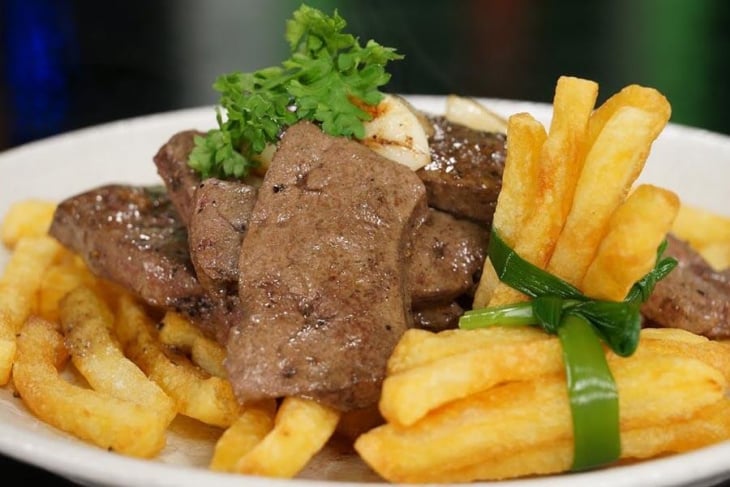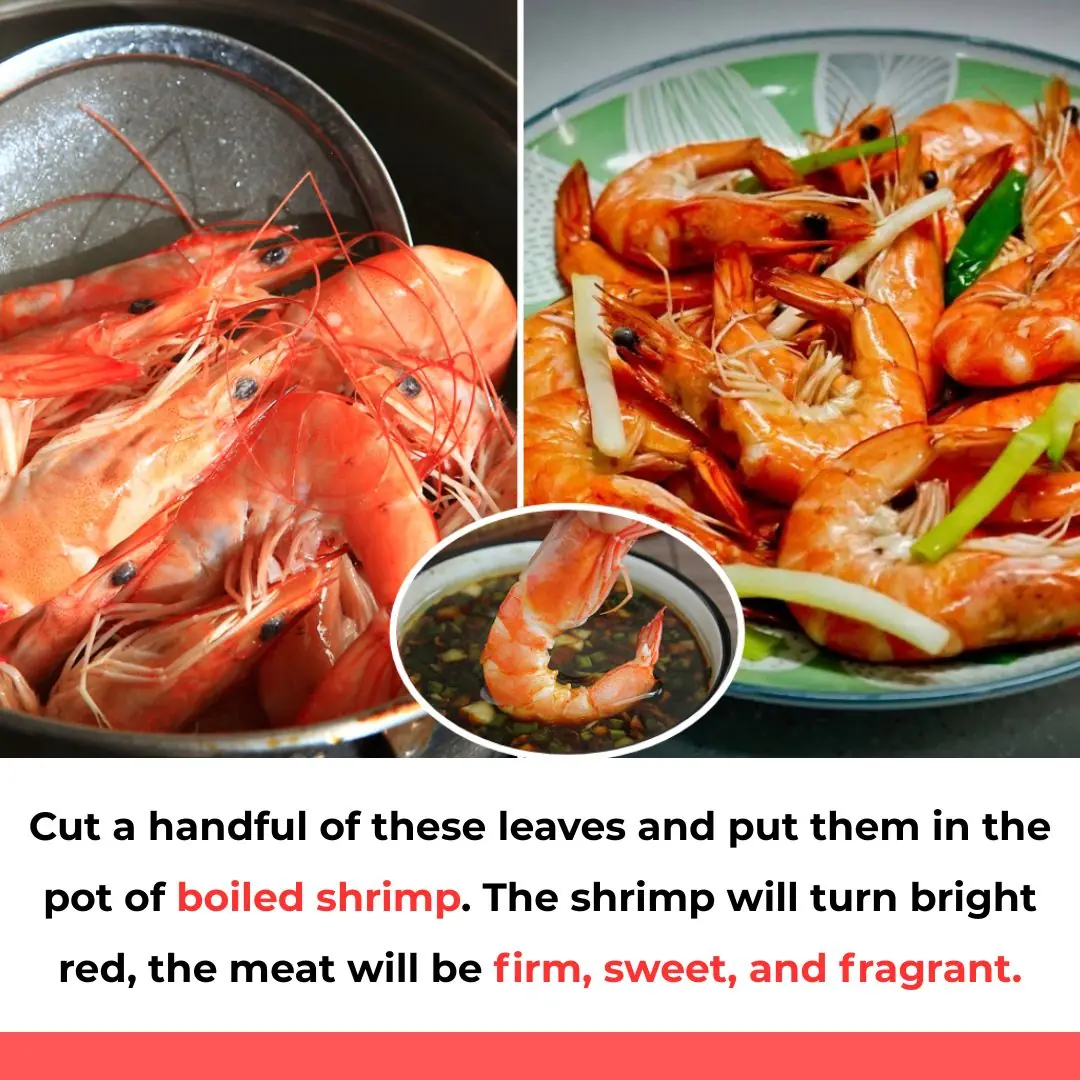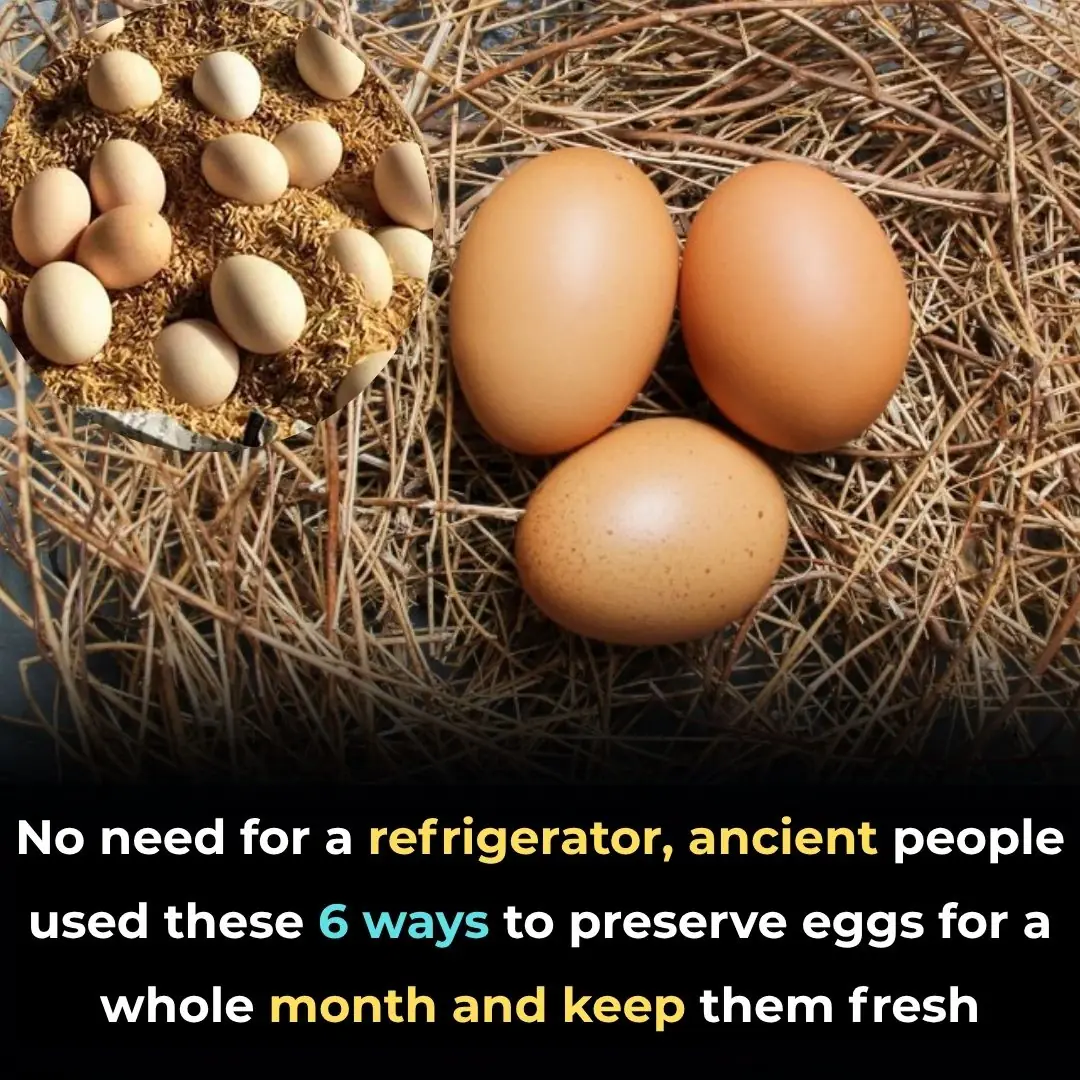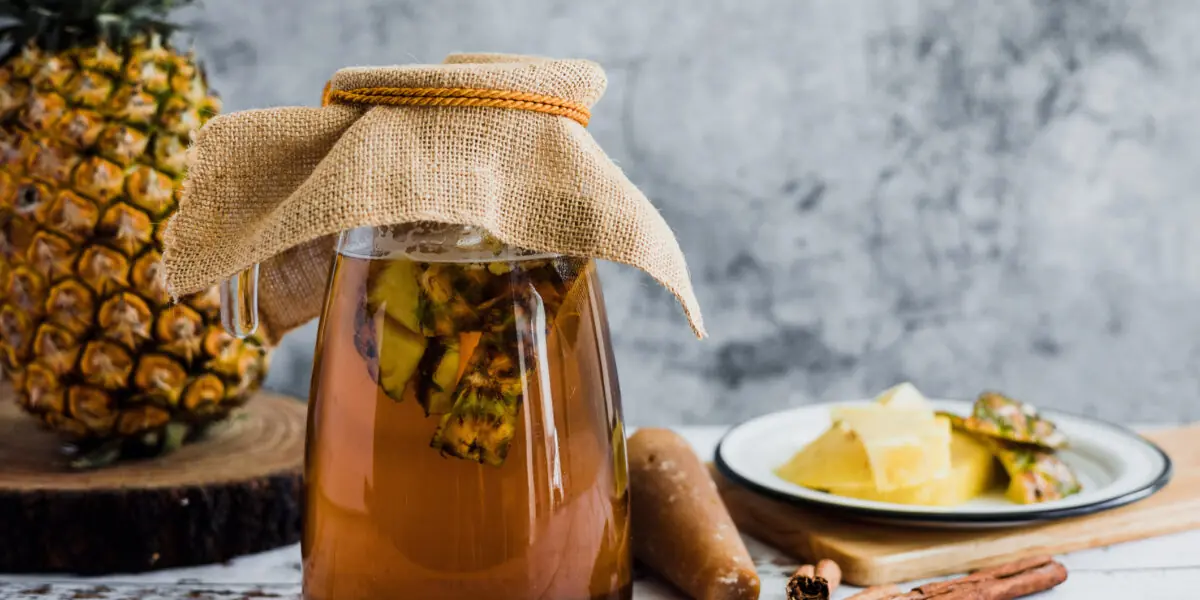
Everyone thinks this part of the cow is the most delicious, but it's both dirty and poisonous. Don't buy it at the market, no matter how cheap it is

Experts advise that there are two parts of the cow that we should avoid eating due to the potential presence of harmful substances that can negatively impact our health.
Beef is one of the most nutritious foods, widely chosen by many home cooks to prepare a variety of delicious dishes for family meals. In many countries worldwide, this meat is even referred to as the "king of meats" because it contains high-quality proteins, vitamins, and essential minerals such as B12, zinc, iron, and taurine. However, not all parts of the cow provide benefits for our health. Among them, experts recommend limiting the consumption of the following:
-
Beef Lungs
Beef lungs are considered to accumulate harmful toxins, posing a danger to human health when consumed. This is because the lungs are the main respiratory organs of the cow, tasked with filtering air. As a result, they easily accumulate dirt and bacteria. Moreover, the lungs contain several cavities where dust and other debris can collect. Eating this part of the cow may inadvertently introduce heavy metals into the body, negatively affecting health. -
Beef Liver
Beef liver is one of the most nutrient-rich parts of the cow and is commonly used as an ingredient in various delicious dishes in many countries. However, few people are aware that it contains a significant amount of cholesterol and heavy metals that can have detrimental effects on health if not properly prepared or consumed in excessive amounts. Therefore, it is advisable to consume beef liver in moderation to avoid excess cholesterol, toxins, and heavy metals that may harm health.
Common Mistakes When Eating Beef:
-
Eating Beef at Night: Many people choose beef for dinner to help control body weight more effectively. However, the high iron content in beef can cause the liver to work at full capacity at night, which is typically a time when the liver "needs" rest. This can lead to the liver's biological clock being disrupted, resulting in abnormal blood sugar levels. If this occurs frequently, the body may face risks such as diabetes and various chronic diseases.
-
Eating Rare Beef: Although rare beef has a delicious, fresh taste, it should not be consumed too often. This is because consuming undercooked beef increases the risk of parasites or worms entering the body due to poor hygiene in farming, slaughtering, and transportation processes. It is essential to eat properly cooked beef and ensure its source is reliable.
-
Having Open Wounds: Beef is not ideal for the healing process of wounds. While its nutrients are beneficial to health, it can cause wounds to darken and increase the likelihood of scarring.
-
Treating Pigmentation or Freckles: If you are treating pigmentation and freckles, consuming beef can worsen the condition, causing it to spread faster.
-
Eating Beef with Seafood: Combining beef with seafood creates a precipitate of salt. This type of salt not only hinders the absorption of phosphorus but also slows down calcium absorption.
-
Drinking Tea After Eating Beef: Tea contains tannins, which, when combined with the protein in beef, block the absorption of essential minerals like iron, zinc, and magnesium. It can also cause the intestinal lining to constrict, reducing bowel movement and leading to constipation.
News in the same category


Every washing machine has this small part, open it once a month, clothes will smell fresh, machine will be cleaner and more durable

How to make delicious Japanese-style pink pickled ginger, with readily available ingredients

Mosquitoes fear this bowl of water the most. No matter how many mosquitoes there are in the house, they will all go away, so you can sleep peacefully.

3 tips to make roast pork with golden brown, crispy skin, more delicious than restaurant

10 great tips with baking soda, helping to solve many problems in the house

Noni soaked in rock sugar – A remedy with many wonderful uses

Bougainvillea loves this type of water the most. Water it once every 10 days and the flowers will bloom brilliantly, covering the branches.

Husband secretly gave money to the maid, I was surprised to know her real identity.

3 types of plants to avoid growing in the house, or else they will cause bankruptcy, loss of wealth, and bad luck.

How to recognize fake honey, honey mixed with sugar

How to keep watermelon fresh for a month: A small tip that everyone needs to know this summer

Cut a handful of these leaves and put them in the pot of boiled shrimp. The shrimp will turn bright red, the meat will be firm, sweet, and fragrant.

No need for a refrigerator, ancient people used these 6 ways to preserve eggs for a whole month and keep them fresh

Tips for cleaning electric kettles to help remove limescale and unpleasant odors: Simple but effective

Do you know the effects of this oil on your life?

Don't throw away tuna cans: they're worth their weight in gold if you reuse them this way!

Why You Should Avoid Drinking the Mineral Water Provided in Hotel Rooms: The Subtle Reasons You Might Not Know — Read Now to Protect Yourself
News Post

Jennifer Hudson Champions Musical Inclusivity Amid Super Bowl Language Debate

Jennifer Hudson Cheers on Bad Bunny’s Super Bowl Swagger — and Starts Learning Spanish Herself

Charli XCX shares cryptic video after Taylor Swift’s ‘Actually Romantic’ diss

NY authorities clamp down on liquor store openings citywide as booze demand plummets

Desperate rescue effort underway to save hundreds of hikers stuck on Mount Everest after snowstorm

Six signs you may be a functioning alcoholic according to doctor

Pineapple Water: A Refreshing Drink That Supports Your Health

The Silent Threat: Recognizing Early Signs of Kidney Disease and Lifestyle Prevention

A Heartwarming Encounter: A Child’s Innocence and the Power of Love.

The Stranger Who Stopped: How One Man’s Compassion Saved a Life on a Busy Georgia Road

Baking Soda (Bicarbonate of Soda): Uses and Benefits (Science Based)

A Father’s Day Gift Like No Other: A Daughter’s Kidney, A Father’s Second Chance

Benefits of Walking: Why Walking is One of the Best Forms of Exercise 🚶♀️

Maliyah’s Fight: A Fifteen-Year-Old Cheerleader Battling Stage 4 Cancer With Courage and Faith

No Cake, No Balloons: A Firefighter’s Quiet Birthday of Purpose and Service

Orangutan Secretly Watches Over Woman During Jungle Survival Challenge

“The Stranger on a Plane: How One Man’s Kindness Gave a Mother the Gift of Rest”

A Little Fighter’s Final Victory: Remembering Bryson’s 1,027-Day Battle

A Match Made in Dog Heaven: A Toddler and Her Puppy Who Share a Special Bond
